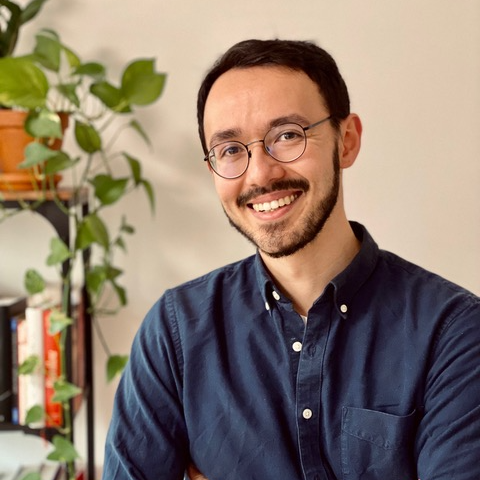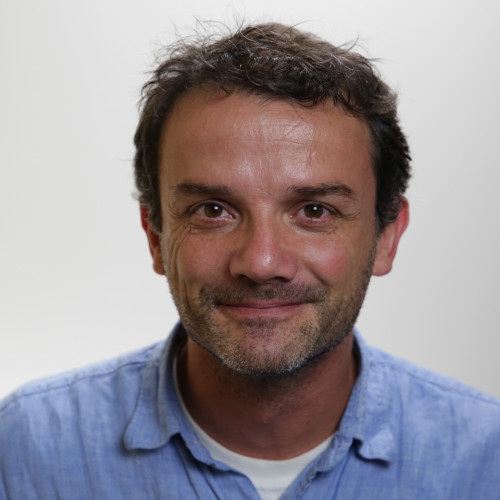
Yuki M. Asano is an assistant professor for computer vision and machine learning at the VIS Lab at the University of Amsterdam. Prior to this, he finished his PhD at the Visual Geometry Group at the University of Oxford working with Andrea Vedaldi. He is interested in computer vision, self-supervised learning and multi-modal learning. He is the main organiser for the ECCV workshop series on "Self-supervised Learning - What is next?", and ICCV's "Big Model Adaptation in Computer Vision" workshop. During his PhD he has won the Qualcomm PhD Fellowship and interned at Meta AI.
Dr. Yuki M. Asano

Aulo Gelli works as a senior research fellow in the Nutrition, Diets, and Health Unit of the International Food Policy Research Institute (IFPRI). His main interests and experience intersect food policy and nutrition, with a particular focus on evaluating the impact of child health and nutrition interventions. Aulo trained as a physicist at Imperial College London, then gained a MSc degree in information processing and neural networks at Kings College London working on semantic memory models, and then studied human perception and cognition at the Laboratory of Neurobiology at University College London. He transitioned his career towards food policy, gaining a MA in development economics and food security at the University of Rome, and a DPhil from the Department of Infectious Disease Epidemiology at Imperial College. Prior to working at IFPRI, Aulo worked as a research fellow at Imperial College (2009-2013), as policy analyst at the UK Collaborative on Development Sciences (2007-2009), and as a statistician at the World Food Programme (2004-2007).
Dr. Aulo Gelli

